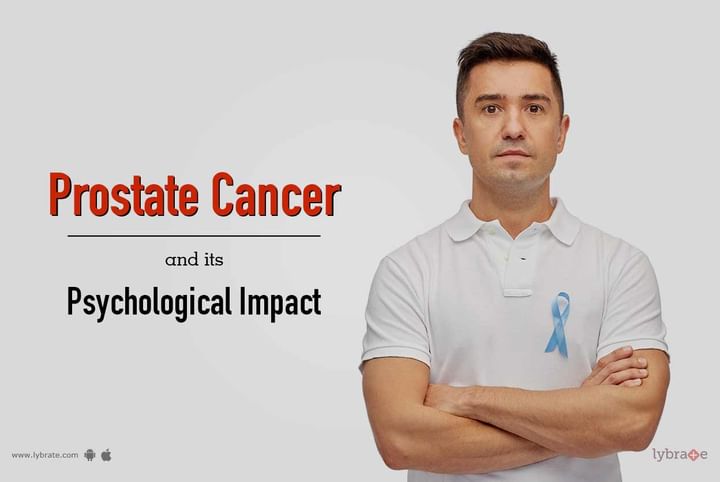Get the App
For Doctors
Login/Sign-up
Last Updated: Jan 10, 2023
BookMark
Report
Prostate Cancer and Its Psychological Impact
Prostate cancer is a very painful disease to go through. However, what some people do not realize is that prostate cancer is equally disturbing from a psychological viewpoint, both for the patient and the family.
Here are some psychological impacts of prostate cancer:
- Shock, fear or anger: These are immediate reactions and you could feel any or all of these feelings when the disease is first reported to you. These feelings may continue for some time, but if the patient is unable to come out of the state of the anger for a long time, then he may need psychological help.
- Denial: Sometimes, you may feel well and deny the fact that you have prostate cancer or not realize you really do. Accept it! This is the first step to curing it.
- Frustration and disappointment: Try to avoid these types of feelings and if you do, then go to a shrink as well, as these are signs of depression.
- Stress: This is also a natural feeling and will haunt you till this disease is gone. However, there are many ways to help reduce it.
- Worrying: This is usually related to the side effects in the early stages of prostate cancer. Trust your doctor. Finding a support group or talking to people in similar conditions may help.
- Mood swings: This is one of the side effects of the hormone therapy used to treat prostate cancer. It may cause you to get angry and anxious and then tearful and depressed.
- Anxiety: Some men are overly worried about their prostate-specific antigen or PSA test results. The anxiety may continue even after the PSA test is over.
- Sense of loss: Hormone therapy causes many physical changes in your body, including weight gain, changes in your sex life as well as reduced physical strength. Few things will be the same after prostate cancer in all honesty. Talking to the people around you can help more than you know.
While prostate cancer can cause all sorts of negative emotions, it is crucial that you use your family to stay strong and do not slip into depression. There are also a few patients, who accept this diagnosis well, if properly counselled. In the majority of cases, prostate cancer grows slowly. In those cases, new drugs are available which help the patient lead a near normal life.



+1.svg)
